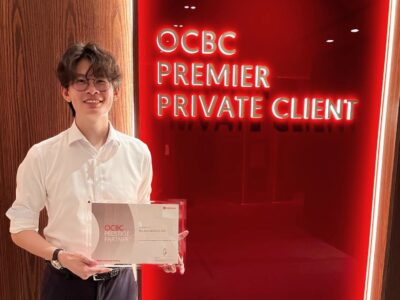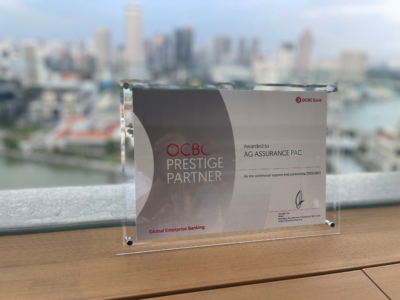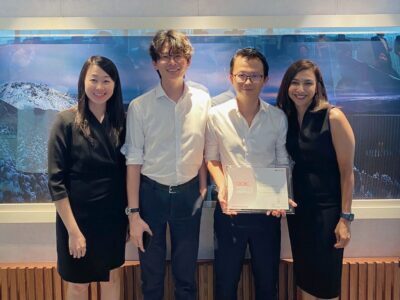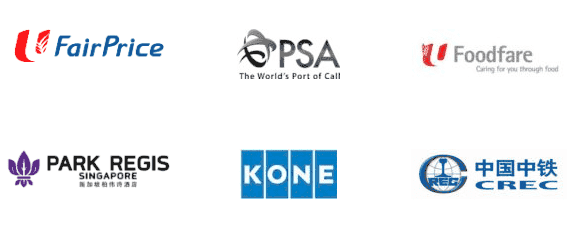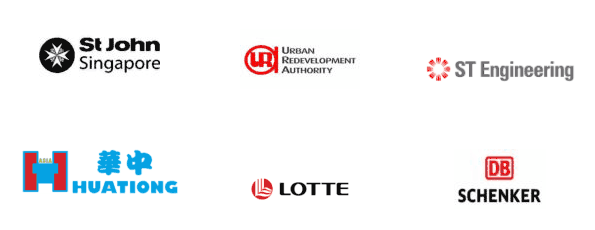As a business owner in Singapore, there are several things you need to familiarise yourself with to ensure compliance with Singapore laws and regulations. One such obligation that every entrepreneur should be aware of is estimated chargeable income or ECI for short.
However, for those new to the entrepreneurial scene, ECI might be a foreign term to them, especially for those without an accounting background. If you are one of those who are unfamiliar with this term and why it matters, fret not! Let us share more about ECI, so you can gain a better understanding of what it is and how it works.
What is estimated chargeable income (ECI)?
ECI is defined as a business’s estimated taxable income for a Year of Assessment (YA) after deduction of tax-allowable expenses. With the exception of a few organisations, every company in Singapore has to file their ECI within three months from the end of their fiscal year.
What entrepreneurs need to know about ECI
1. Virtually all businesses in Singapore need to file an ECI
All businesses in Singapore are mandated by law to file their ECIs to the Inland Revenue Authority of Singapore (IRAS) promptly. However, there are a few companies that are exempted from this requirement.
These exceptions include:
- Companies that qualify for the ECI filing waiver. The qualifying requirements include:
- Annual revenue of SGD$5 million or below for the financial year; and
- ECI is 0 for the Year of Assessment.
- Entities that are not required to file ECI, which includes:
- Foreign charterers or shipowners whose local shipping agent will submit the Shipping Return on their behalf;
- Approved CPF unit trusts and designated unit trusts;
- Foreign universities;
- Real estate investment trusts granted tax treatment under Section 43(2) of the Income Tax Act;
- Exempted cases granted a waiver by IRAS.
If your company is required to file its ECI but fails to do so within the stipulated timeframe, you will incur penalties, which can negatively affect your organisation’s overall performance record in the statutory board’s system.
For new entrepreneurs unfamiliar with how to file their companies’ ECIs, IRAS has provided a basic guide instructing business owners on the process. Alternatively, you can consider outsourcing your tax-related accounting needs, including ECI filing, to a reliable accounting firm.
At Ackenting Group, we provide a vast array of affordable tax and accounting services that cater to your business’s specific needs. With the assistance of our experienced accountants, you can rest easy knowing your company’s tax and ECI filing comply with IRAS regulations.
2. The IRAS will send companies reminders to file their ECI
Things can get pretty hectic as a business owner. With entrepreneurs preoccupied with their day-to-day operations, the deadline for your ECI submission can creep up on you without your realisation. Thankfully, IRAS will send a gentle reminder to businesses to prompt them to submit their ECI on time.
This reminder is helpful to prevent late submissions, which can help your company avoid unnecessary fines and penalties and keep your business in good standing with IRAS. However, if you did not receive any reminders, it does not mean your ECI is waived. Therefore, it is best for you to keep track of the deadline for your ECI filing to avoid incurring any fines or penalties.
3. Businesses will receive a Notice of Assessment (NOA) if they fail to submit their ECI on time
In the event that you fail to submit your ECI within the stipulated timeframe, your company will receive a Notice of Assessment (NOA) from IRAS. The amount stated in the NOA is derived from IRAS’s estimation of your company’s revenue for the given fiscal year.
You are expected to pay the stated amount within a month of the document’s issuance date even if you disagree with the statutory board’s assessment. Further non-compliance will lead to IRAS taking action against your company.
However, your business has the right to dispute the assessment stated in the NOA by submitting a Notice of Objection via the myTaxPortal within two months from the NOA’s date of issuance. You will have to provide an explanation for any non-submission or late filling of your ECI and provide a revised figure based on your assessment for IRAS’s consideration.
In addition to the myTaxPortal, you can submit your objection via a letter or email detailing the specific reasons for your objection towards IRAS’s assessment. If no Notice of Objection is submitted, IRAS will consider the assessment figures it has put forth in the NOA to be final, and you will be expected to pay the amount within a month of the document’s issuance date.
4. Timely filing of ECI comes with benefits
Not only can you avoid incurring penalties by filing your company’s ECI in a timely manner, but IRAS also offers additional benefits to incentivise companies to do so. Businesses that submit their ECI promptly can pay their corporate taxes by instalments, which is especially beneficial for new businesses, as it allows them to manage their budget better.
Conclusion
As an entrepreneur in Singapore, one of the crucial obligations you should note is to file your business’s ECI in a timely manner. Your company even stand to benefit from your prompt action. Conversely, failure to do so can result in your company incurring significant penalties that may severely affect your organisation’s standing with IRAS. This is one of several business mistakes all entrepreneurs should avoid.
If you require any assistance on accounting services, feel free to drop us an email at johnwoo@ag-singapore.com or contact us at +65-66358767. At Ackenting Group, we offer a complimentary 30 minutes online consultation for us to better understand your business requirements.





